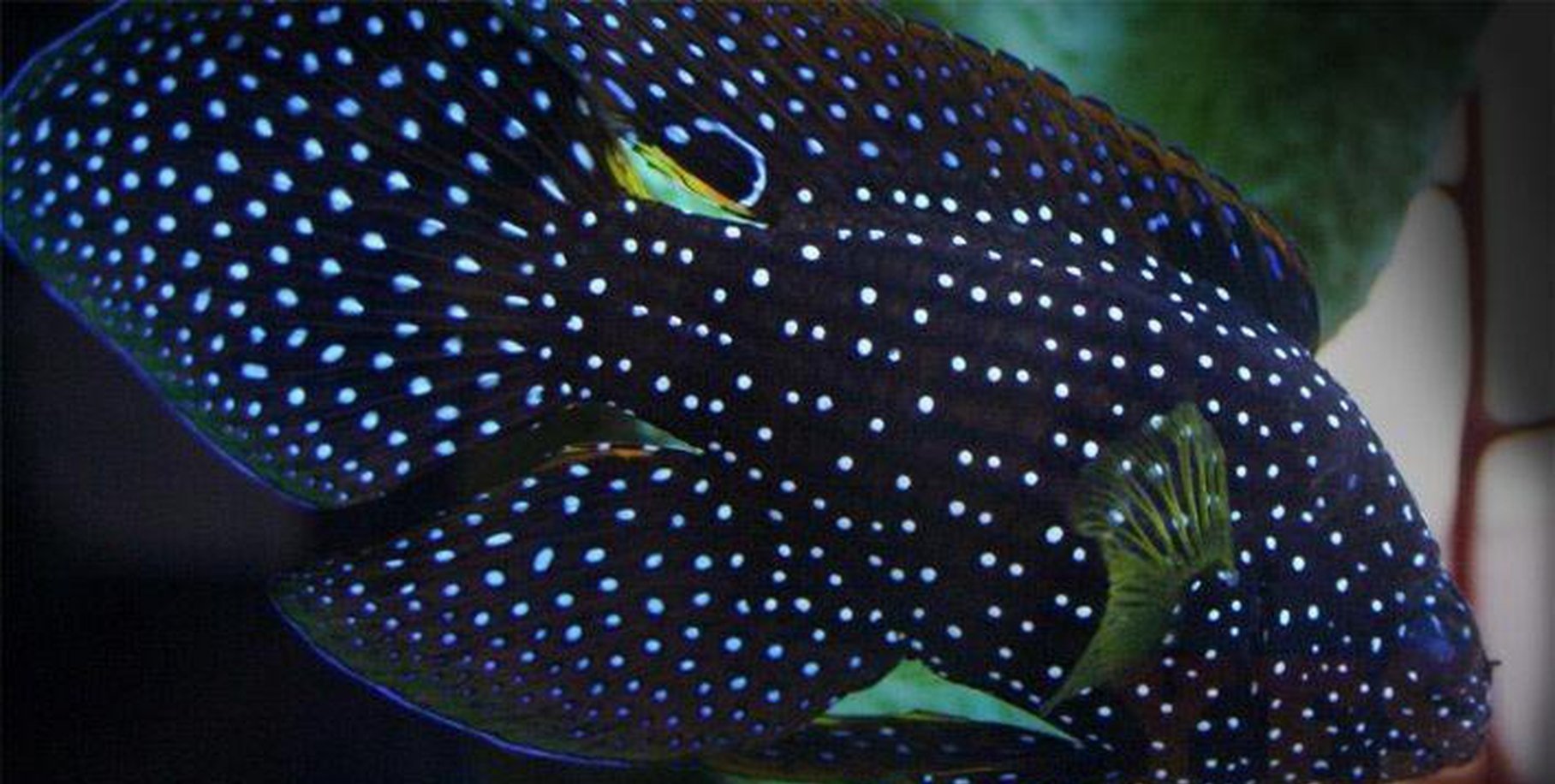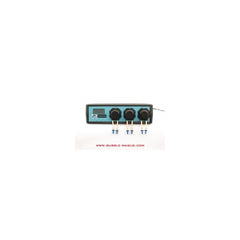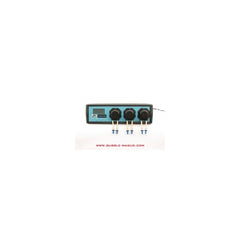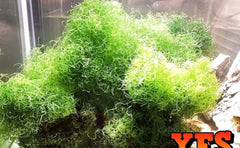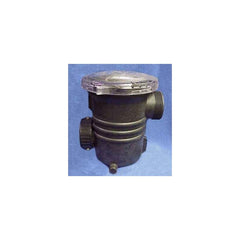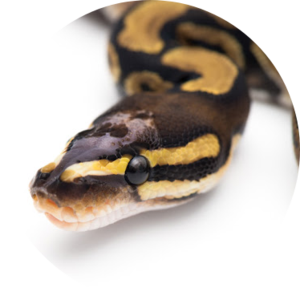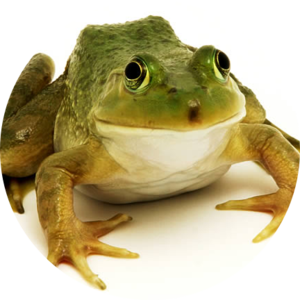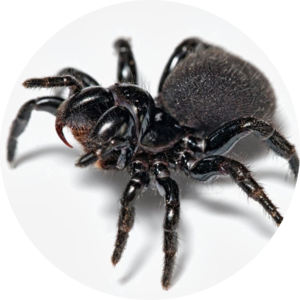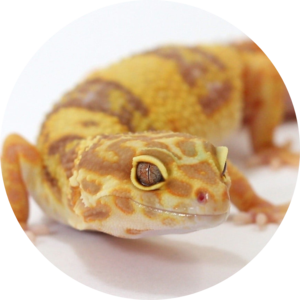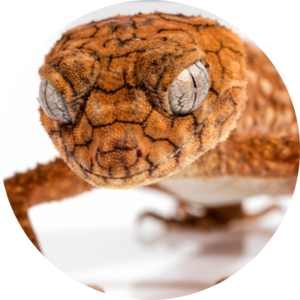Marine Betta Comet - Medium Approx 3" - 4" - Saltwater Fish

MARINE BETTA COMET - MEDIUM APPROX 3" - 4" - SALTWATER FISH -FREE SHIPPING
Minimum Tank Size: 40 gallons
Care Level: Easy
Temperament: Peaceful
Reef Compatible: Yes
Water Conditions: 72-78° F, dKH 8-12, pH 8.1-8.4, sg 1.020-1.025
Max. Size: 8"
The Marine Betta is a stunningly beautiful fish and makes a captivating addition to any tank. Since it requires a lot of care and can be hard to feed, it makes a good choice for an for an expert aquarist. The Marine Betta is a slow eater and mainly feeds on live foods such as live fish or live worms, and shows an interesting hunting technique. Often it is believed that the Marine Betta apes the behavior of morays with their spots and by swimming sideways. It can easily adapt to a new environment, and grows up to 11 inches in the wild. They are much smaller when imported. The Marine Betta requires lot of caves and stone formations among which the fish can hide and stalk the prey. Since it is more active during night, it prefers to stay in dimmed light tank. The Marine Betta is not a very good swimmer and needs calm areas without much water movement, and is also shy in nature and needs lot of caves to hide when needed. The Marine Betta should be kept in a tank not less than 55 gallon. Since it is a predatory fish, it should not be housed with smaller fishes as it might become their snacks, and also should never be kept with fast eating fish like damsels. Using black worms to feed initially is a good choice to entice the Marine Betta to eat frozen foods later. It is possible to breed the Marine Betta in captivity. Since it can feed upon sessile invertebrates, the Marine Betta may not be considered a reef safe species.
The Marine Betta is not commonly kept in a reef-style aquarium, but it is reported to be safe with corals and anemones, however, it will eat all small fish and shrimp. It is nocturnal and requires hiding places to provide it shelter from bright lighting, being more active at dusk.
QUESTIONS & ANSWERS
Have a Question?
Be the first to ask a question about this.

